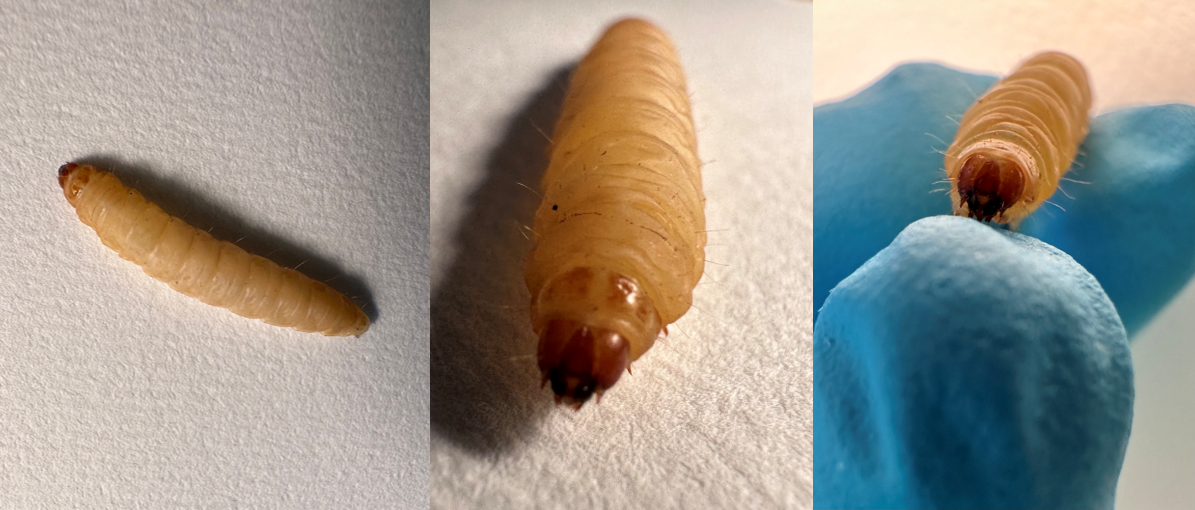Registration Details

Building on the success of the inaugural Galleria Mellonella Workshop last year, the Galleria Mellonella Research Centre (GMRC) is bringing the UK Galleria research community together and offering hands-on training at this years event.
The workshop is aimed at scientists working with, or interested in using, Galleria as a research model. Attendees are invited to share their own Galleria research in a short talk, alongside hands-on training covering:
- Rearing Galleria in the laboratory.
- Larval anatomy and dissection.
- Preparation of Galleria embryos for genetic manipulation.
Programme
10.30 – 10.45: Arrival and registration
10.45 – 11.00: Welcome
11.00 – 12.00: Attendee research talks
12.00 – 12.30: Plenary speaker (TBC)
12.30 – 13.15: Lunch (provided)
13.15 – 15.30: Hands-on workshop
15.30 – 16.00: Day wrap-up and farewell
NC3Rs Early Career Engagement awards
This event is funded by an Early Career Engagement award granted to GMRC co-director and NC3Rs-funded postdoc Dr Jennie Campbell to further maximise the 3Rs impacts of her research. Early Career Engagement awards are available for NC3Rs-funded PhD students and postdocs to develop the skills and experience necessary to support their career ambitions, through skill development and networking opportunities, while building and sustaining an impactful 3Rs legacy.
Find out more about Jennie's research in the Wakefield lab at the University of Exeter: Engineering Galleria Mellonella as a model for infection, immunity and inflammation.
